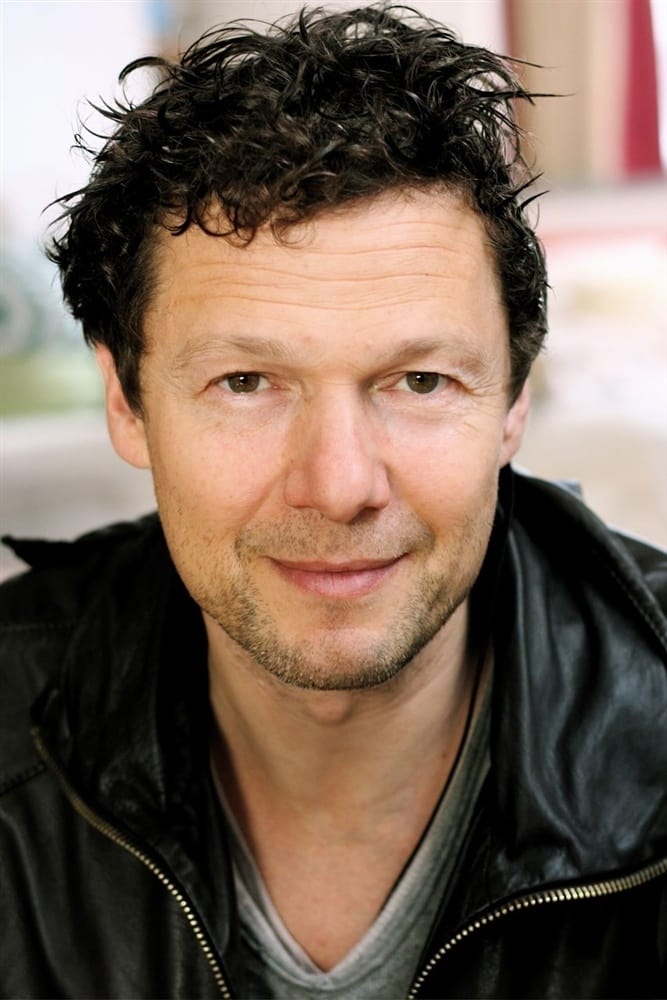

In 1932, Albert Einstein was invited by the League of Nations to address a letter on any subject to any person. He chose to correspond with Sigmund Freud about avoiding war. To this day, the correspondence about war of two great thinkers of all time proves to be more relevant than ever. Inspired by this correspondence between Albert Einstein and Sigmund Freud almost a century ago, the film Why War traces the roots of war, and embarks on a search for an explanation of the savagery of wars that inhabit our world.
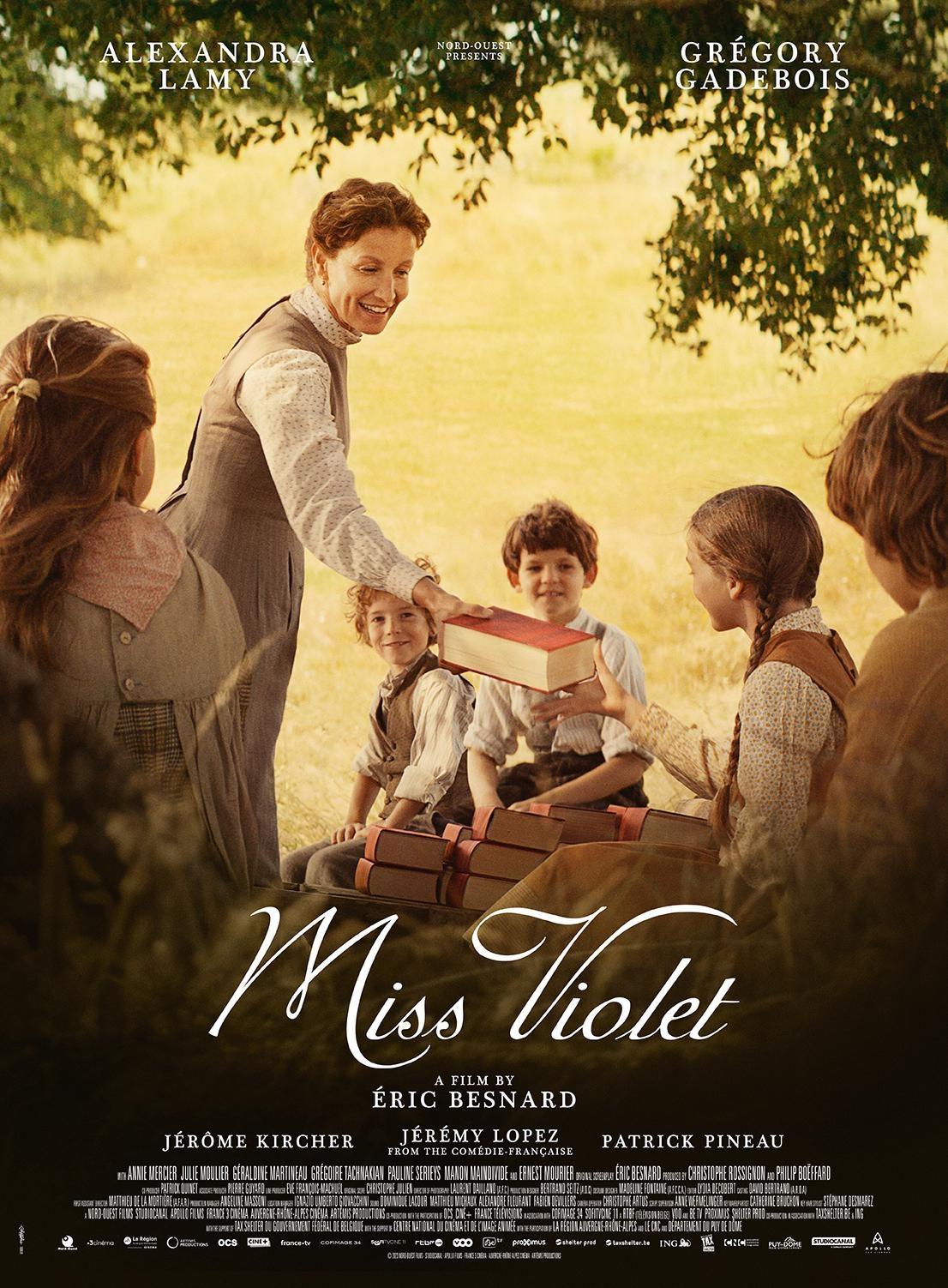
France. End of the 19th century. Louise Violet 40, a Parisian teacher, is sent on a mission to the French countryside. But in a place where the daily life is linked to the seasons, land and crops, she must first convince parents to send their kids to school. With the help of the mayor, she is gradually accepted by the parents and their children. But soon, her past catches up with her. Despite the obstacles she faces, Miss Violet will give her heart and soul to her belief that education is the key to freedom.
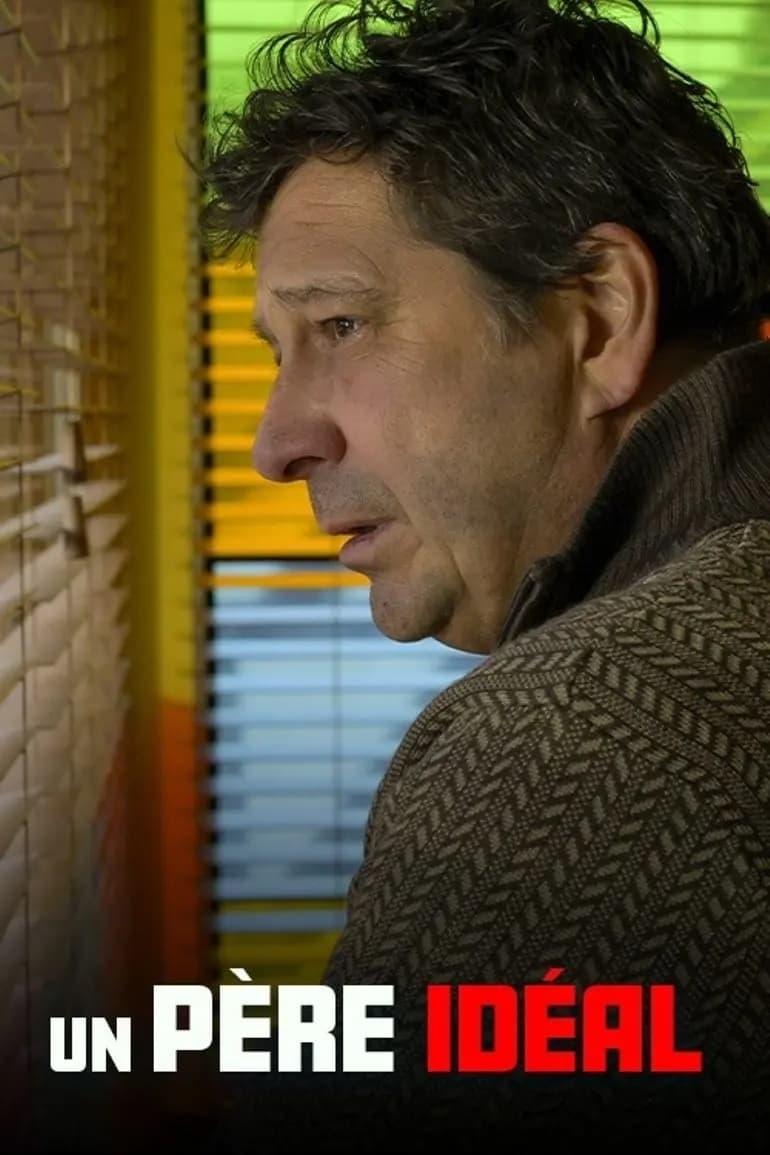
Michel, the jovial owner of the only café in a small Normandy town, sees his life turned upside down when his teenage daughter is murdered. The community has his back but soon rumor spreads and Michel is singled out. From the ideal father, he becomes the ideal culprit.
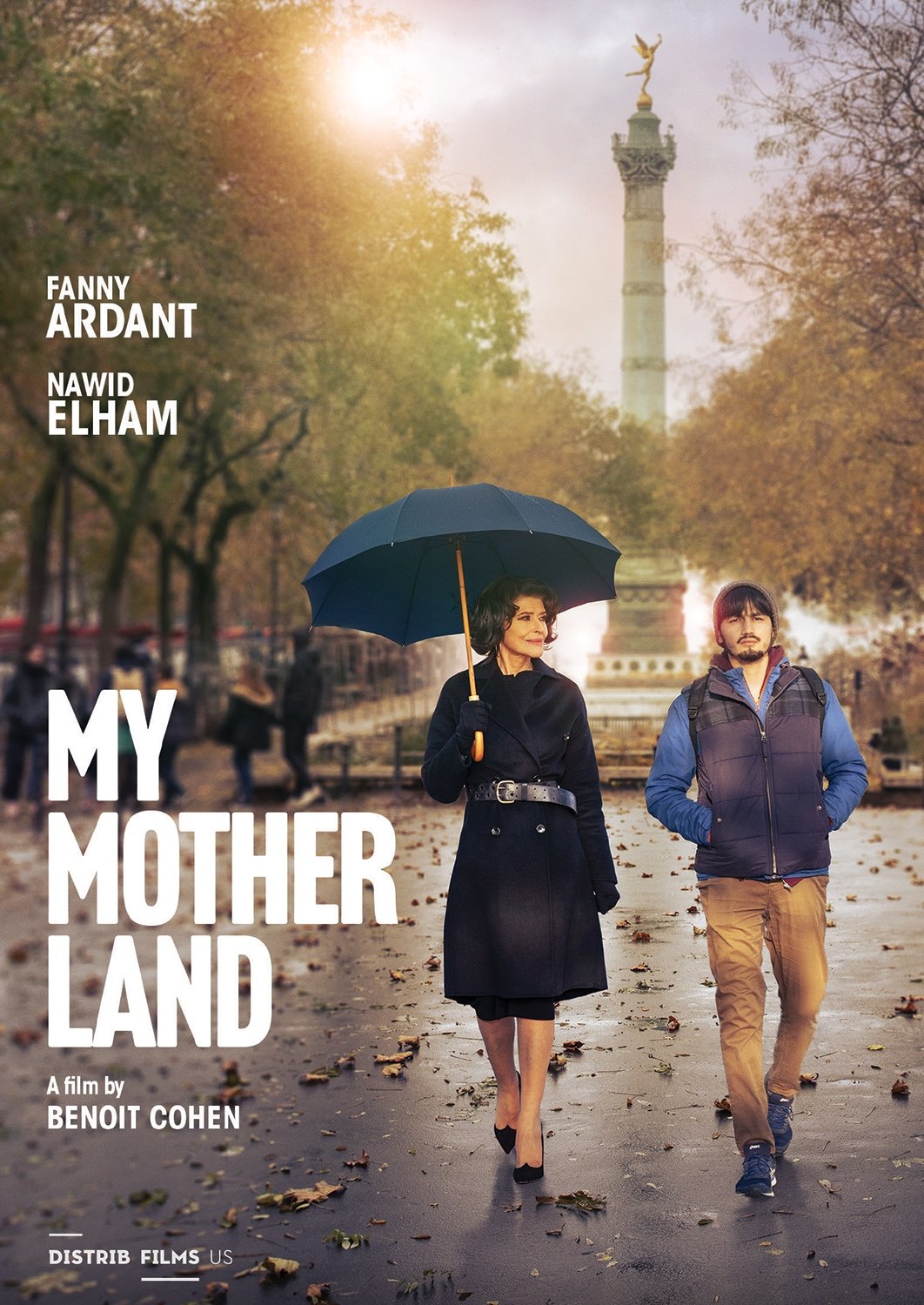
France has been living alone in her apartment since the death of her husband. When she hears on the radio that the Singa association puts homeless migrants in contact with people who can take them in, she decides, against the advice of her family, led by her son, to take in Reza, a young Afghan broken by war and exodus. This is the story of two worlds that collide, get used to each other and end up reaching out to each other.
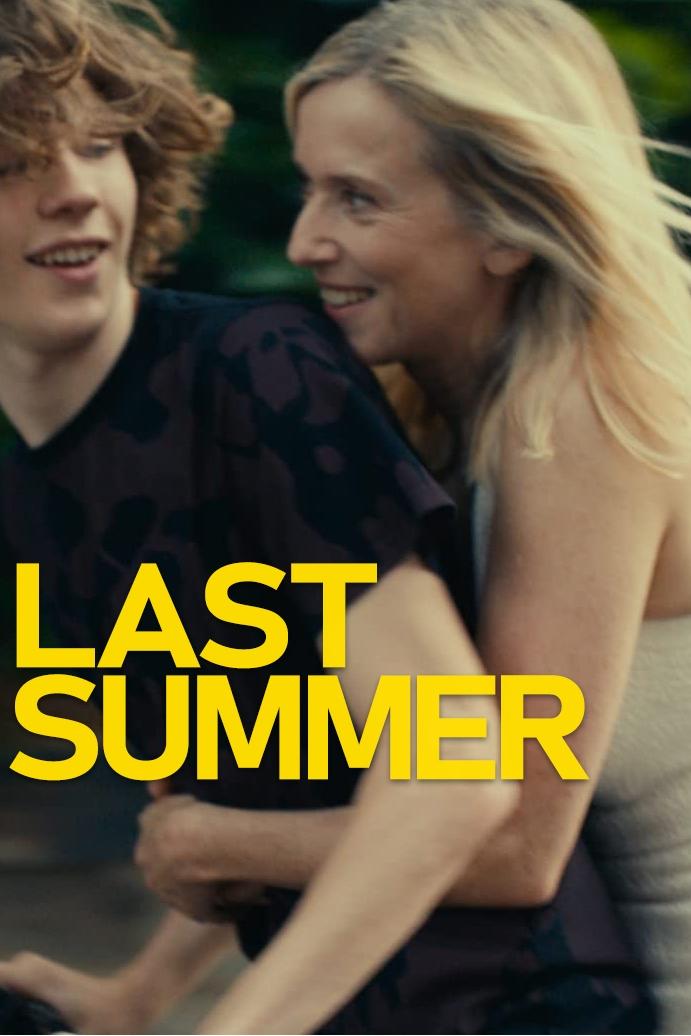
One summer, a French teenager who has been living with his mother in the city moves in with his estranged father’s family in the countryside, where he clashes with his stepmother.
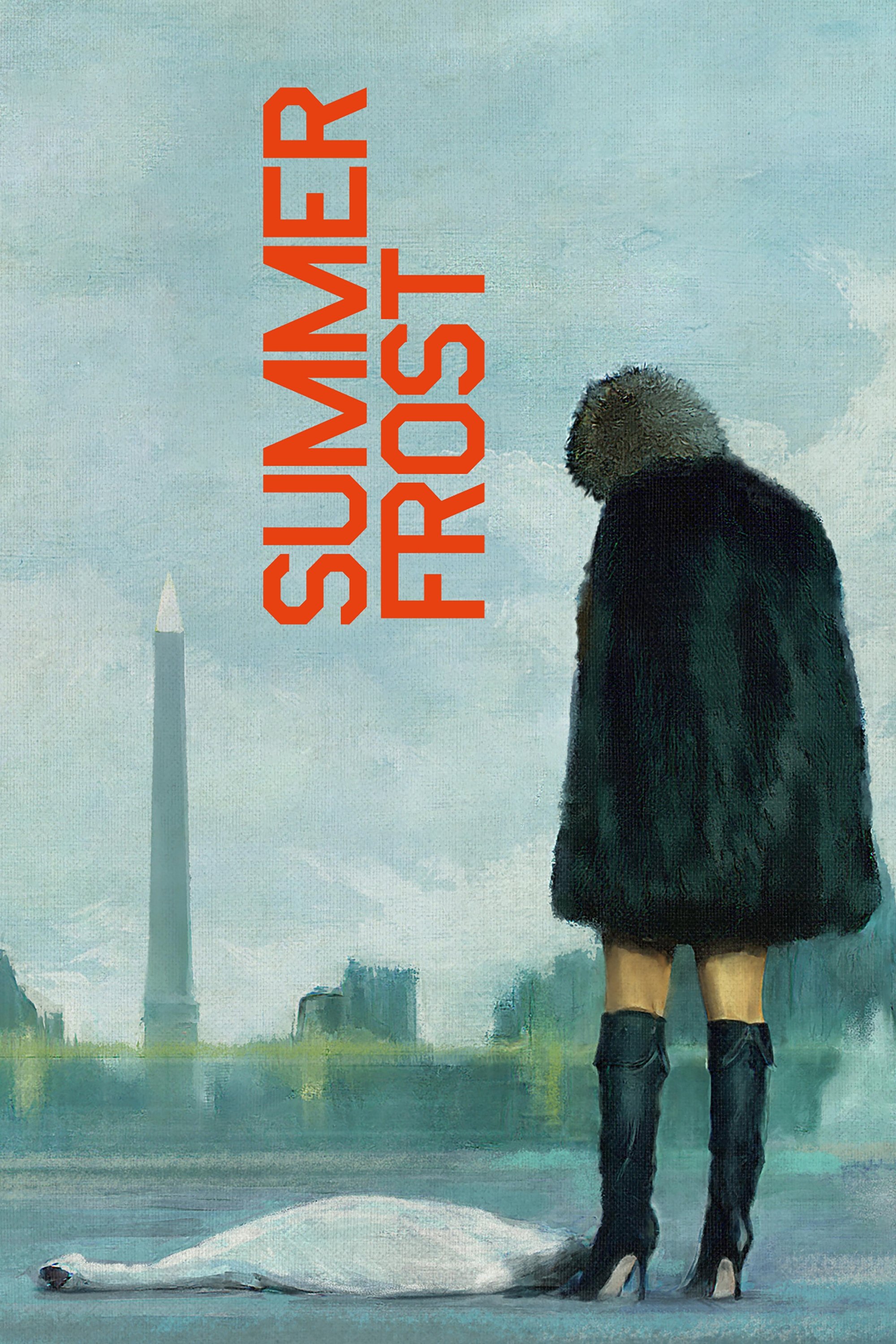
It’s summer and France is hit by a polar cold. Ten lone and lost souls find each other, a profound meeting as a last chance to hope and fear, to love and dream. Ten tales as tribute to Monet’s Water Lilies, ten tales portraying an impressionist painting of today’s France.
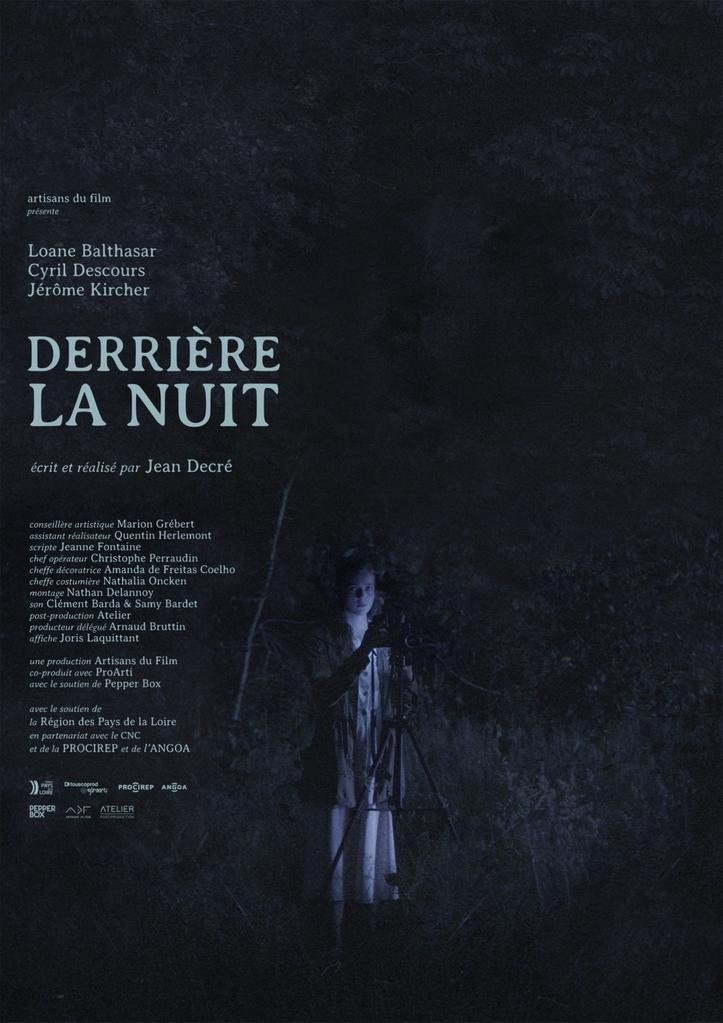
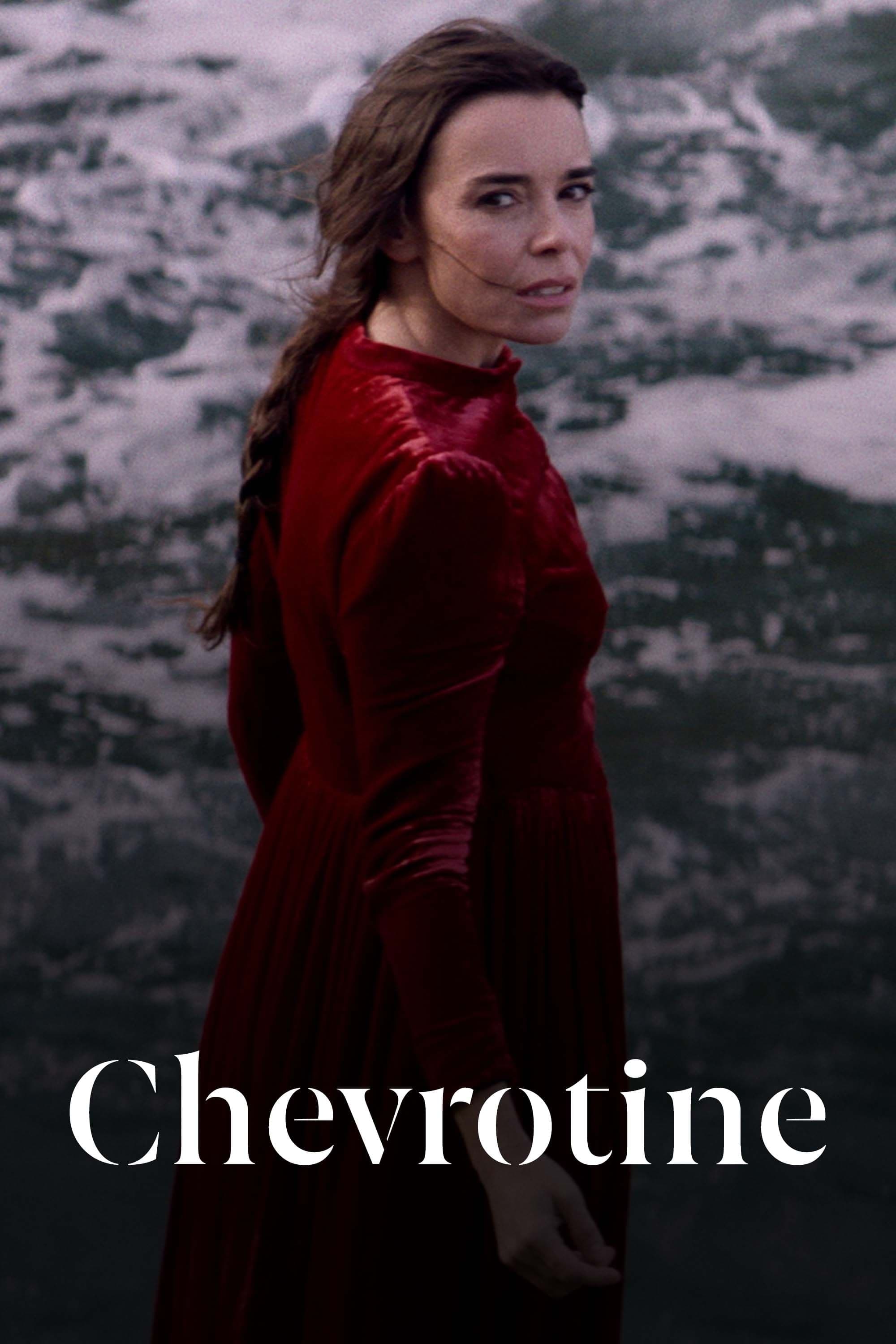
Pierre is still mourning his dead wife when he meets Laura, a joyful and sensual woman with whom he will have a new child, little Autumn. But will this passionate and unexpected love be able to resist the demons of the past?
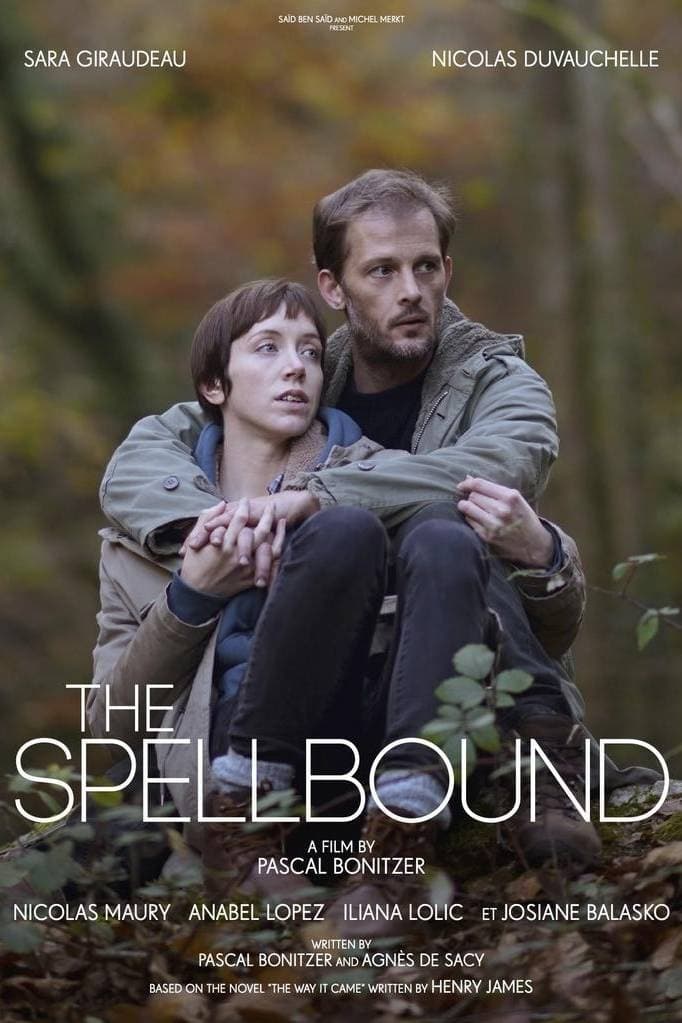
For the "story of the month," Coline, a contributor to a women's magazine, is sent deep into the Pyrenees to interview Simon, a rather wild artist who claims his mother appeared to him at the precise moment she died. Coline is particularly intrigued since her beautiful neighbor Azar insists the same thing happened with her father! On the night they meet, Simon attempts to seduce Coline, who resists but falls in love...
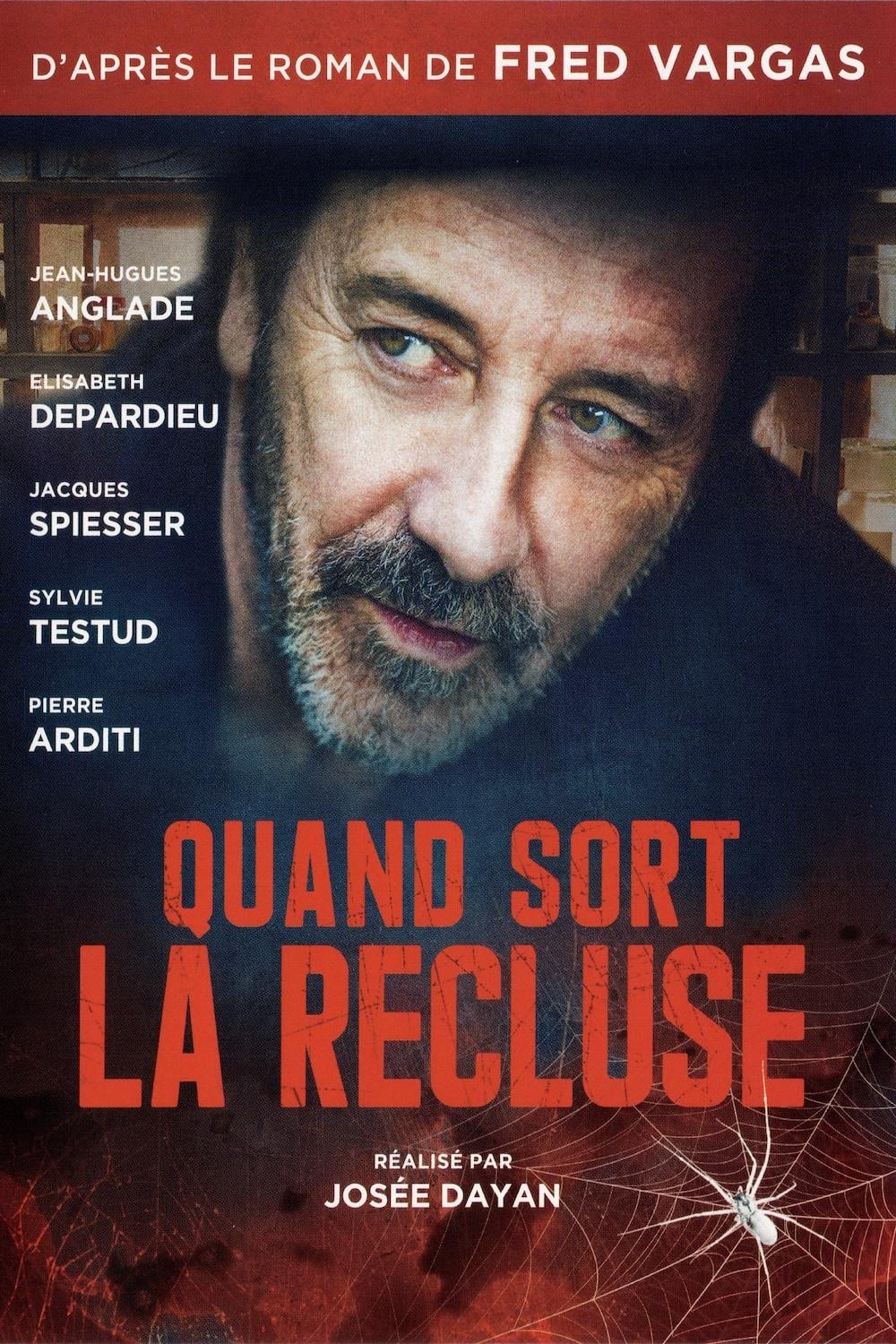
After three elderly men are bitten by spiders, everyone assumes that their deaths are tragic accidents. But at police headquarters in Paris, Inspector Adamsberg begins to suspect that the case is far more complex than first appears.
Jérôme Kircher (born 21 November 1964) is a French actor known for A Very Long Engagement (2004), Louise Wimmer (2011) and Café de Flore (2011). Born in Paris, Kircher is a stage actor and was a student of the National Conservatory of Dramatic Art from 1985 to 1988; he was a student of Michel Bouquet and Gerard Desarthe Bernard Dort. He began his career in 1986 in the short film The Train of dawn Laurent Jaoui. Since then he has starred in several series, like Clara Sheller, Jacques where he played, and played the greatest texts, directed by Patrice Chéreau, Jean-Pierre Vincent, André Engel, Denis Podalydès, among others, and was nominated for three Molière Awards. He appeared in the short film by Éric Laporte in 1995 False Start, staged Berthe Trepat, gold medal in 2001 and I know that there are also reciprocal love (but I do not pretend to luxury) in 2005. The same year, he reappears in a short film, The Book of Belleville dead Jean-Jacques Joudiau. He is married to fellow actress Irène Jacob. Source: Article "Jérôme Kircher" from Wikipedia in English, licensed under CC-BY-SA 3.0.
By browsing this website, you accept our cookies policy.